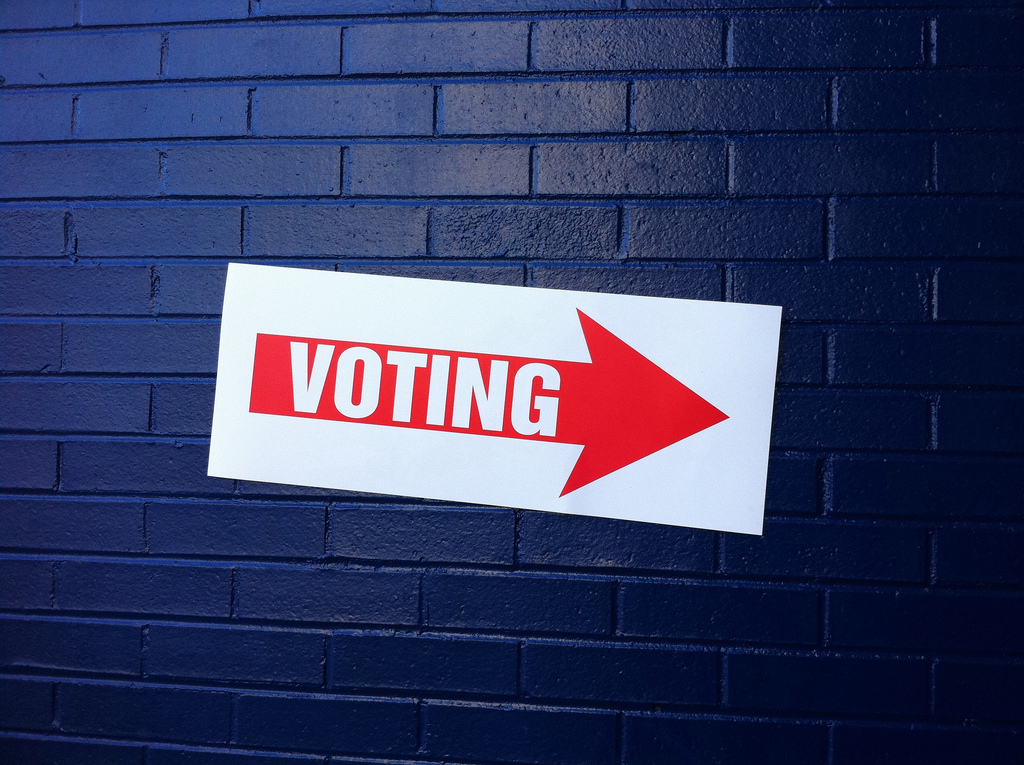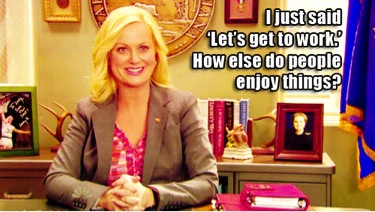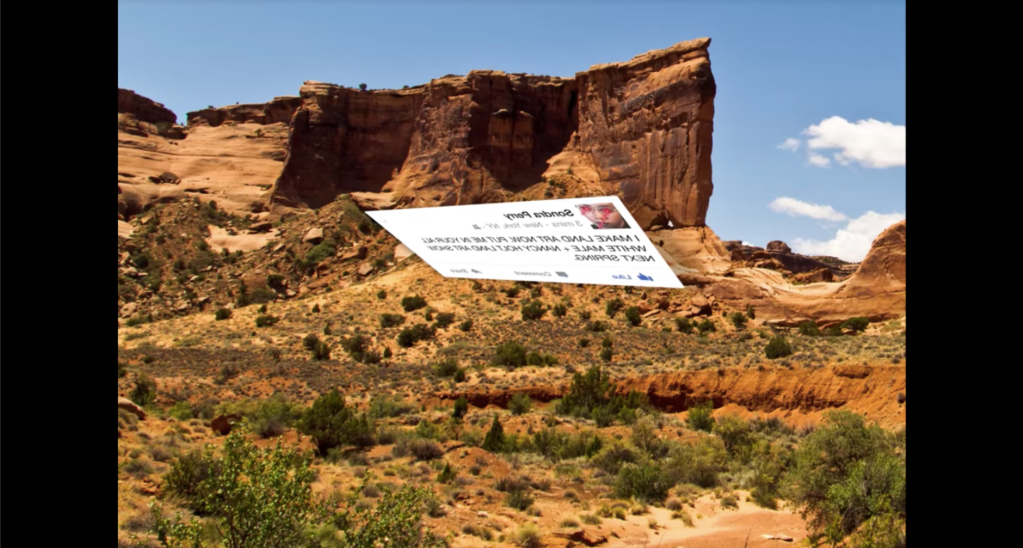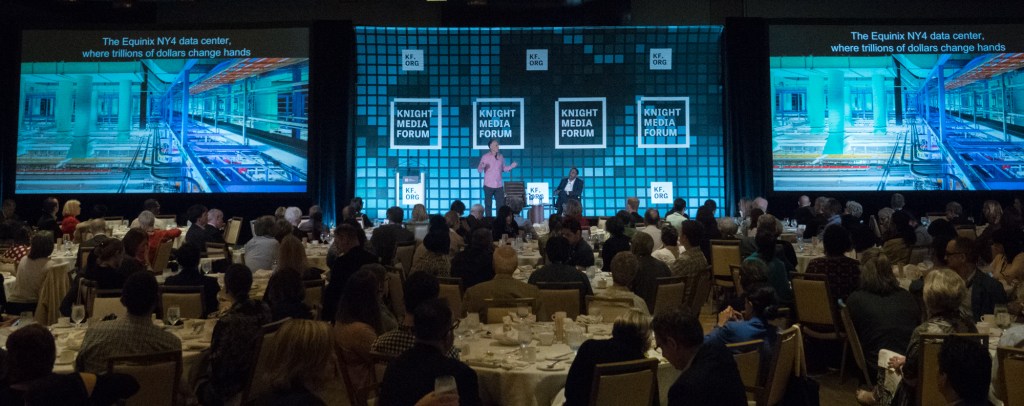
Democracy Works bulks up its efforts to connect voters with elections information
Seth Flaxman is co-founder and executive director of Democracy Works. Today, Knight Foundation is announcing $2.5 million in new support for the organization.
I am a bit biased. Democracy Works would not exist without Knight Foundation taking a bet on us in 2012, but I believe that its continued support for our work at this moment in history will directly strengthen democracy. We’ve committed to raising an additional $2.2 million to match Knight’s funding; signaling the need for more organizations, more companies, more foundations, and more people to get behind this goal.
Yet, the big lesson I want to underline a thousand times with this new announcement is the way Knight has embraced the full strategy of our organization, not just a specific project or program. We’re not a traditional nonprofit organization, and our work often doesn’t fit neatly into any clearly defined program bucket.
The mission of Democracy Works is to modernize voting for the way we live now. Our vision is to become the digital connective tissue for a 21st century American democracy. We want to connect citizens to the atomic unit of a democracy: their vote. We don’t simply aim to help someone participate in a particular election; we want them to become a voter who sees participation in every election as core to their personal identity.
Becoming the digital connective tissue between citizens and elections has led us down a unique strategic path. Achieving our mission involves serving different constituencies. We must connect eligible voters (all 230 million of them) to their election administrators, thousands of state and local public servants often invisible to citizens but who do the hard work of making our democracy function. Bridging that gap means working with yet a third constituency, the institutions and companies that voters interact with daily.
Finding a foundation partner who wasn’t scared off by the complexity of this strategy is simply amazing. It’s also not an accident. When a foundation adopts a strategy of pursuing disruptive ideas that work in the gray space surrounding traditionally delineated sectors, it can unleash creative approaches to old problems—and huge wins.
I would consider Democracy Works to be one of the big success stories of disruptive, nonprofit-centered grant-making. In 2012, we launched TurboVote with Knight Foundation’s support. It was our first service, designed to help voters get registered and cast a ballot in every election, from municipal to national. TurboVote signed up its millionth voter in 2016 by building the largest college and corporate coalition in the country, including 194 campuses, companies such as Starbucks, Univision, Facebook, Google, Snapchat, and dozens more. We also helped many voters find their polling places through the Voting Information Project (VIP), an initiative we started managing in 2013 that Google and the Pew Charitable Trusts founded in 2008. VIP data had 123 million impressions in 2016, and over 11 million voters looked up where to vote on GetToThePolls.com (a site we run for VIP) in a year where 138.8 million voters cast ballots. Then, in 2015 we launched Ballot Scout—with Knight support—to help election administrators and voters track absentee ballots through the mail (the No. 1 complaint received by our TurboVote help desk), providing transparency in the vote-by-mail process and making it easier to follow up when things go awry. Now, we’re establishing an Election Technology Cooperative to scale up our services to election administrators, innovating new ways to provide them affordable, voter-centered technology.
In just four years, we have gone from scrappy startup to become the digital connective tissue of 21st century American democracy. But we’re nowhere close to saying mission accomplished. We’re just getting warmed up, and with Knight support, now’s the time to flex some muscle.
Follow Seth Flaxman on Twitter @SethFlaxman and Democracy Works @demworksinc.
r
-
Technology / Press Release
-
Journalism / Article
-
Journalism / Article
-
Communities / Article
Recent Content
-
Artsarticle ·
-
Artsarticle ·
-
Communitiesarticle ·





